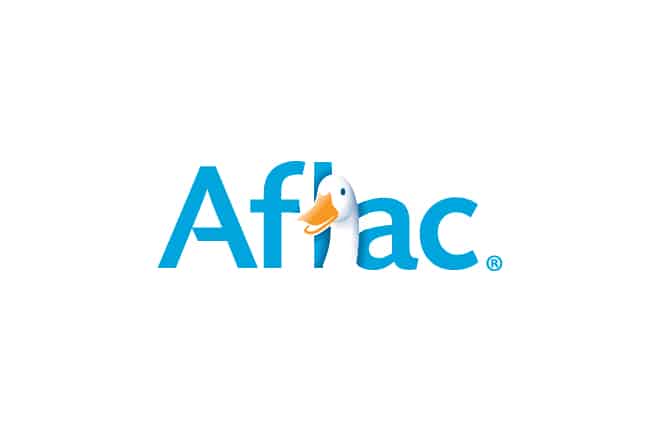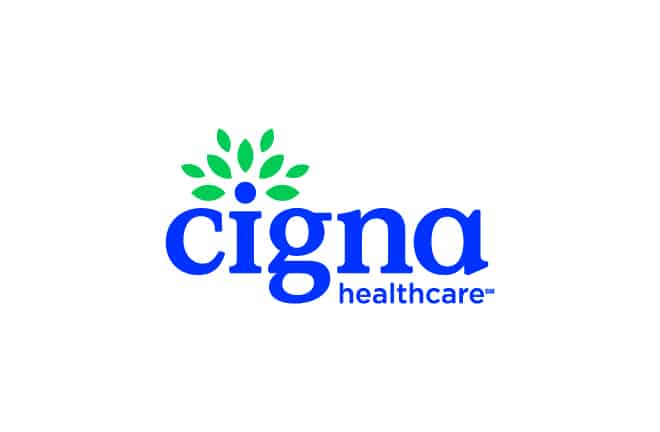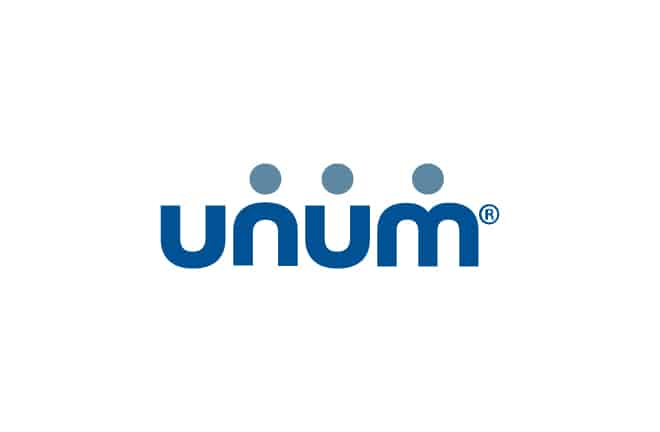Trigeminal Nerve Repair
Numbness, pain, or loss of facial sensation after oral surgery, dental procedures, or facial trauma may be a sign of injury to your trigeminal nerve. Early intervention is critical.
As the region’s only dedicated trigeminal nerve injury and microneurosurgery clinic, we offer advanced diagnostics and surgical repair of trigeminal nerve damage to help relieve pain and restore sensory function.

Comprehensive Care for Trigeminal Nerve Damage
The trigeminal nerve is responsible for the sensation of the face, mouth, and tongue. Injury to the trigeminal nerve can result in a range of complications that interfere with your daily life.
Early evaluation and prompt repair of an injured trigeminal nerve, within 3 to 6 months of injury, can help prevent chronic neuropathy or permanent loss of orofacial sensations.
At Carolinas Center for Oral and Facial Surgery, we deliver advanced, multi-specialty care to repair the nerve, help restore facial sensation, and relieve trigeminal nerve pain.
Dr. Nicholas Kain, a board-certified oral and maxillofacial surgeon, leads the evaluation, diagnosis, and microsurgical repair of trigeminal nerve injuries. He works closely with our orofacial pain specialists to provide comprehensive, coordinated care when you need it most.
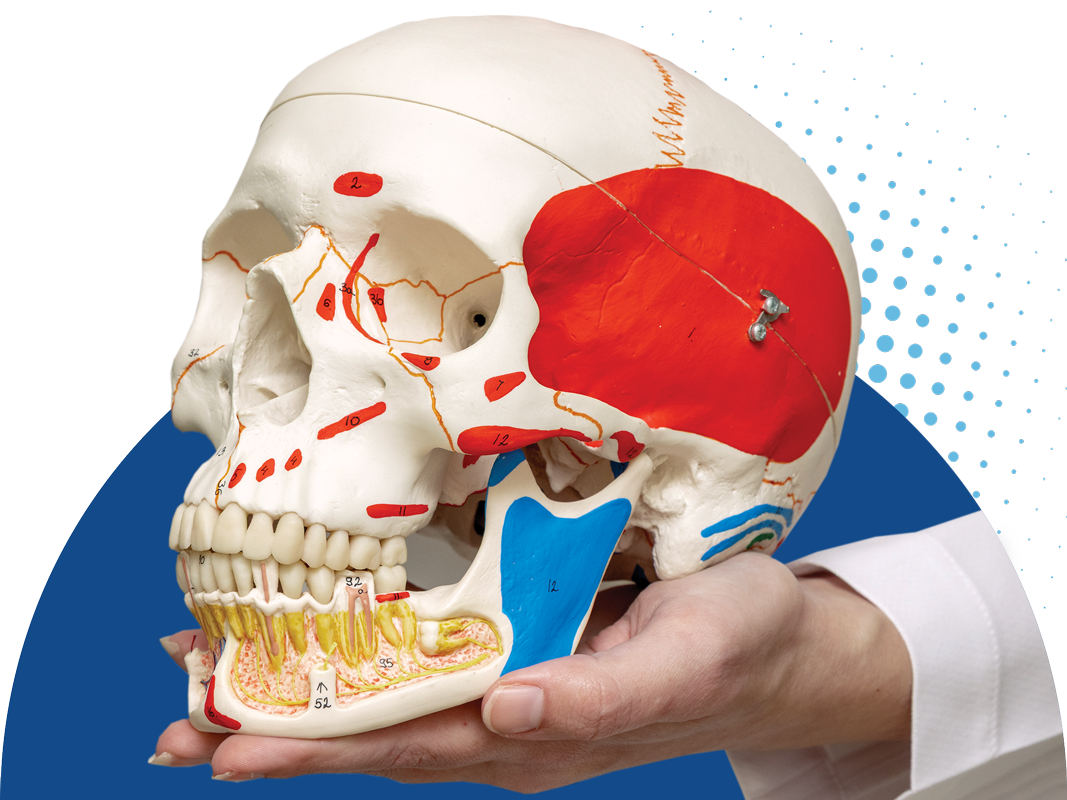
When Numb Isn’t Normal
Understanding the causes, symptoms, and potential long-term effects of trigeminal nerve injuries highlights the importance of early evaluation and treatment.
Causes of Trigeminal Nerve Injury
Trigeminal nerve injury may result from:
- Wisdom tooth removal (third molar extraction)
- Dental implant surgery
- Root canal therapy or endodontic procedures
- Local anesthetic injections
- Facial or jaw trauma
- Corrective jaw (orthognathic) surgery
- Facial reconstructive or cosmetic surgery
- Tumor or cyst removal near nerve pathways
Symptoms Trigeminal Nerve Damage
Common signs of trigeminal nerve damage may include:
- Numbness or tingling in the face, lips, chin, or tongue
- Loss of sensation in affected areas
- Burning or shooting facial pain
- Difficulty eating or speaking
- Sensitivity to touch or temperature
- Ongoing discomfort after dental work
- Altered taste or mouth feel
Future Issues and Risks
Without timely treatment of a trigeminal nerve injury, patients may face:
- Permanent loss of facial sensation
- Ongoing neuropathic pain
- Difficulty with speech and chewing
- Emotional distress or reduced quality of life
- Limited options for nerve repair after 6–12 months
- Need for long-term pain management
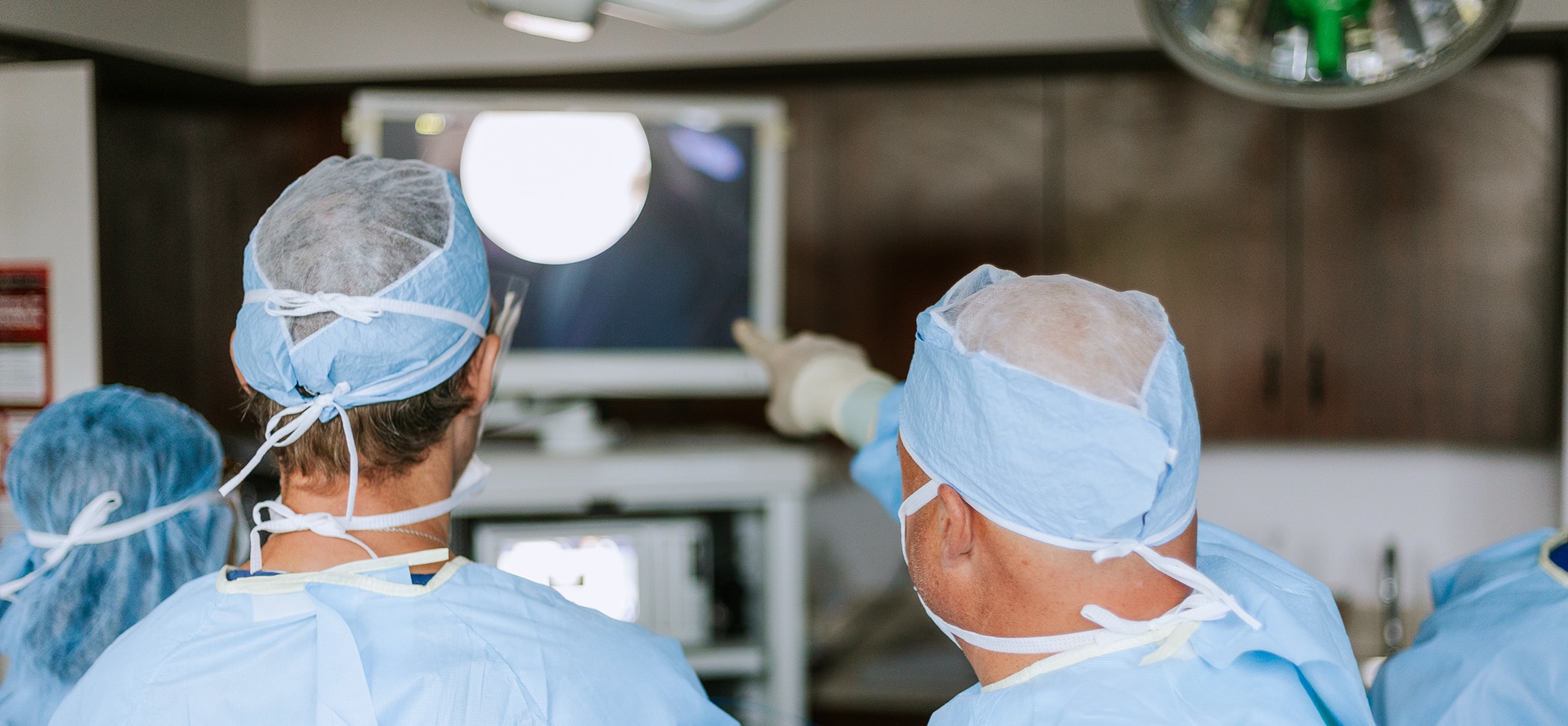
Trigeminal Nerve Repair & Pain Management
At CCOFS, we deliver the highest level of specialized care for trigeminal nerve damage and complex nerve pain using advanced surgical techniques and a patient-first approach.
Whether you’re a candidate for microneurosurgery or non-surgical treatment, our team is uniquely equipped to restore function, reduce pain, and improve your long-term quality of life.
Microsurgical Nerve Repair
Timing is crucial. If your trigeminal nerve was cut, pinched, or stretched, surgical repair should ideally be performed within six months of the injury to achieve the best outcomes.
Personalized, Specialist-Led Care
Trigeminal nerve injuries are highly complex and often misunderstood. Unlike general dental complications, nerve damage can bring long-term or permanent sensory loss, chronic pain, or functional challenges.
That’s why care from a trained team of specialists is essential, not optional.
Precision Diagnosis & Treatment Planning
Our board-certified oral and maxillofacial surgeons and orofacial pain specialists work together to diagnose and treat trigeminal nerve injuries.
With advanced training in microneurosurgery and experience managing complex nerve-related conditions, our specialized team provides the highest level of care available in the region.
From restoring sensation with surgical nerve repair to managing long-term pain, we deliver comprehensive, coordinated solutions tailored to each patient.

What to Expect During Trigeminal Nerve Treatment
Initial Appointment
Your first visit includes a comprehensive clinical exam and sensory testing, guided by Dr. Nicholas Kain or one of our orofacial pain specialists. We’ll review your medical and dental history and gather details about your nerve-related symptoms. If necessary, imaging such as CBCT, MRI, or 3D nerve mapping may be ordered to evaluate the precise location and severity of your nerve injury.
Diagnosis & Treatment Planning
Our multidisciplinary team reviews your findings to confirm a diagnosis and determine whether the injury is likely to resolve on its own or requires intervention. If microneurosurgery is recommended to repair the trigeminal nerve damage, we’ll discuss ideal timing, surgical approach, and expected outcomes. For nonsurgical cases, our orofacial pain specialists can develop a customized plan to manage symptoms and monitor recovery over time.
Surgical Treatment & Continued Care
Repair of a severed, pinched, or stretched nerve typically involves removing scar tissue caused by the injury, followed by the reconstruction or reconnection of the healthy nerves. A graft may be necessary to rebuild the nerve connections. This microneurosurgery is typically performed in a hospital setting with advanced sedation and anesthesia options to keep you safe and comfortable. Post-surgical follow-ups are scheduled to assess healing, monitor your progress in regaining sensation, and determine if additional supportive therapies may be desired.
Trigeminal Nerve Injury FAQ
Have questions about your symptoms or what to expect from treatment? We’ve answered some of the most common concerns patients have about trigeminal nerve injuries and how we help.
